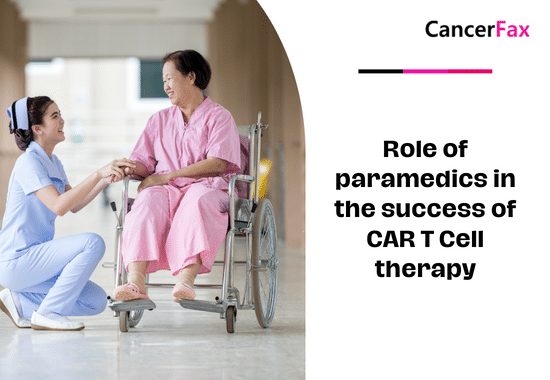Gastric cancer immunotherapy is still an exciting research area, especially the pd-1 inhibitors pembrolizumab (Keytruda) and nivolumab (Nivolumab, Opdivo).
In the Phase III ONO-4538-12 trial, nivolumab third-line or follow-up treatment reduced the risk of death in patients with advanced gastric cancer or gastroesophageal junction (GEJ) cancer by 37% compared with patients using placebo. The median overall survival rate (OS) was 5.32 months, compared with 4.14 months in the placebo group.
In September 2017, the FDA approved Pembrolizumab for the treatment of PD-L1-positive advanced patients who had received second-line or more treatment of gastric cancer, including fluopyridine and platinum, and if applicable, HER-2 / neu targeted therapy .
However, exploring immune checkpoint inhibitors remains a challenge. In the phase III keynote-061 trial, Pembrolizumab did not improve the survival rate of patients with advanced gastric cancer (or GEJ) in second-line treatment. PD-1 inhibitors also failed to demonstrate a significant improvement in progression-free survival (PFS). The response rate of all patients was 10%, and the 1-year survival rate was approximately 25%, which was similar to the phase III results of nivolumab. However, these patients have undergone PD-L1 genetic testing, and the response rate of PD-L1 positive patients is 15%, while the negative rate is only 5%.
Pembrolizumab is approved for microsatellite unstable (MSI-H) tumors. In colon cancer, anti-PD-1 drugs are very active in msi-h tumors, with a response rate of 30% or 50%. In addition, valuable data have also been obtained in other msi-h tumors, with ≥50% of patients responding. Even in a large phase II extended clinical trial, 7 patients with MSI-H responded to 4 of them. Pembrolizumab has now been approved for PD-L1 positive MSI-H tumors and chemotherapy-resistant gastric cancer (or GEJ).

